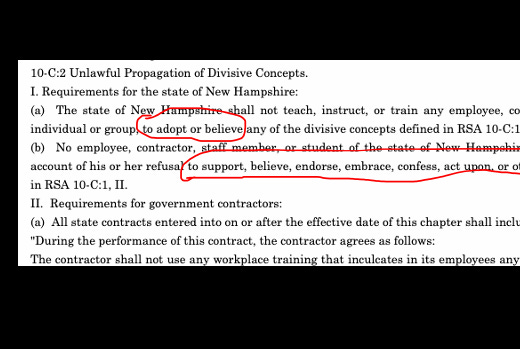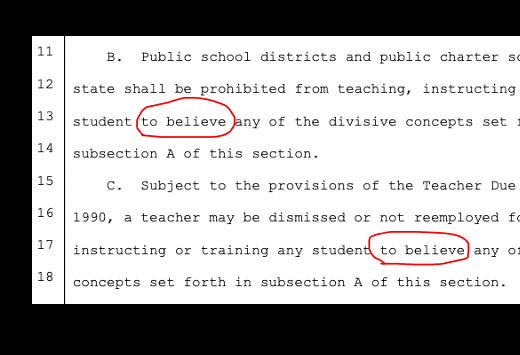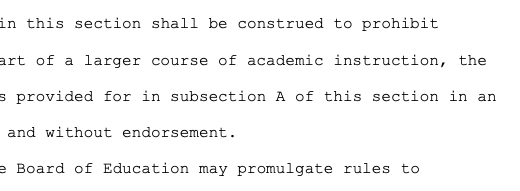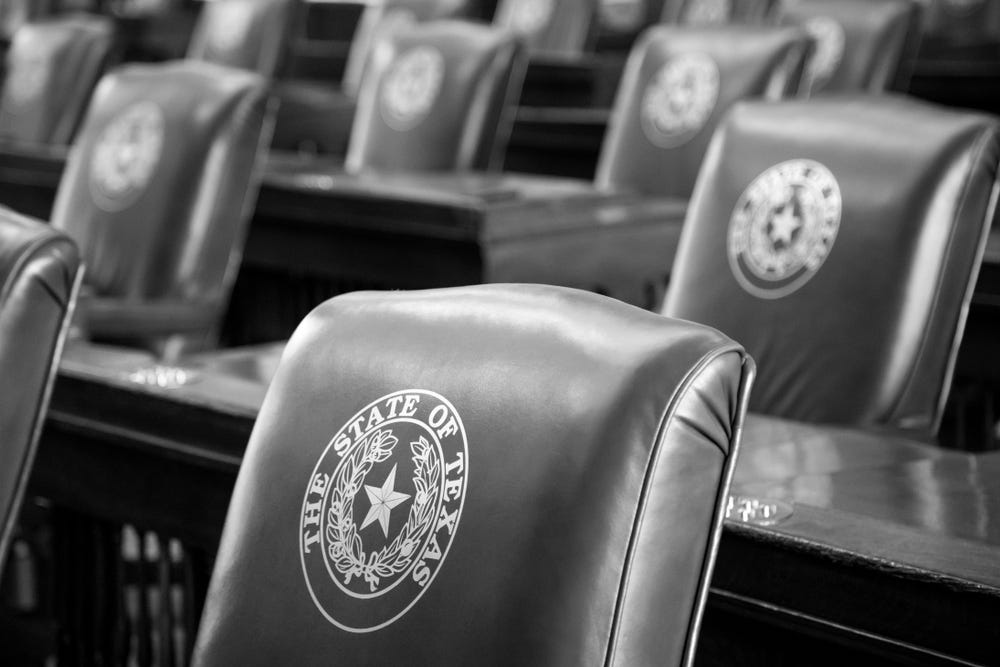Should Teaching Critical Race Theory Be Banned? Capturing A Twitter Debate
Highlighting Tweets from Zaid Jilani, Conor Friedersdorf, Jeffrey Sachs, Thomas Chatterton Williams, Christopher F. Rufo, Kmele Foster, David Bernstein, and Colin Wright.
Lawmakers in the state of Texas and elsewhere recently announced bills to prohibit the promotion of critical race theory (CRT) in schools. These proposals have obviously sparked a lot of controversy, and rightly so. While there are many sound critiques of some aspects of CRT, we should pause to consider the free speech implications, including the extent to which state governments should dictate what individual schools can and cannot teach.
Instead of offering our own take on the matter, and in the spirit of encouraging open discourse, we wanted to present a series of debates on the issue we’ve spotted on Twitter in recent days from a wide range of voices.
First up, here’s a thread from journalist Zaid Jalani explaining what the bill actually does:










Not so fast, says Acadia University Lecturer Jeffrey Sachs. This bill could still be chilling speech, which is concerning.























There’s more to Sachs’ thread that you can click through to read, but he does raise some important questions that are worth consideration regarding how the law would actually be enforced.
Next up, author and cultural critic Thomas Chatterton Williams sets off a lively discussion on the issue with this statement:



The Manhattan Institute’s Christopher Rufo, a staunch opponent of teaching CRT in schools, replies to Williams:




Colin Wright, Managing Editor of Quillette, weighs in here:


Kmele Foster of Freethink Media and Rufo continue the conversation:



The Atlantic writer Conor Friedersdorf also presents a good question that sparks further back and forth:







A constitutional perspective from George Mason University law Professor David Bernstein:




Much of this debate hinges on what state governments might constitutionally be able to do (i.e., prevent the promotion of a particular viewpoint) and what the bills actually say (i.e., whether they are overly broad and prevent speech and discussion of certain ideas).
We will continue to follow this debate as it unfolds as well as what state governments are doing.
Comment or Tweet a link to this article with your thoughts on the topic.



